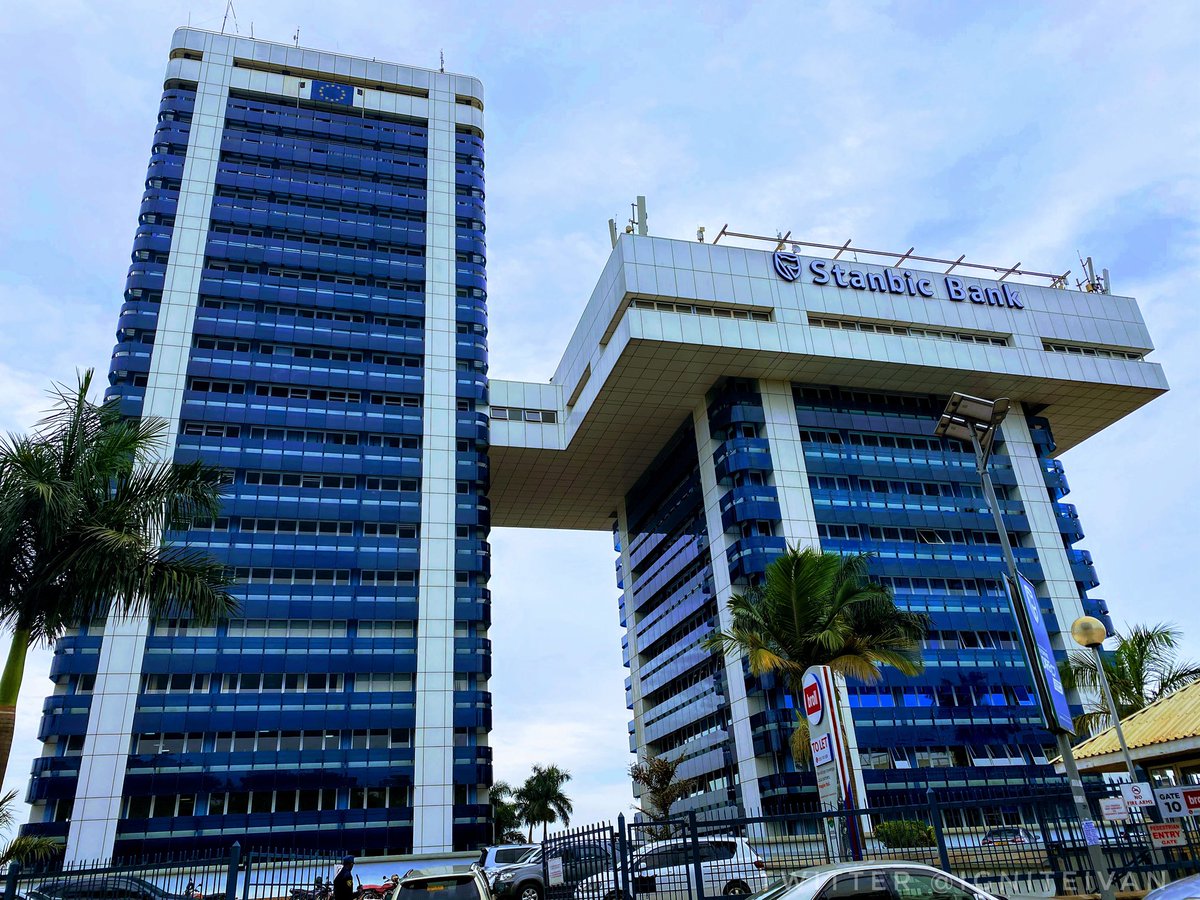The latest Stanbic Bank Purchasing Managers’ Index (PMI) covering business activity for the month of June has shed light on Uganda’s private sector showing an expansion midway through the year,…
Uganda’s private sector firms register greater business growth in June- new Stanbic Bank Purchasing Managers’ Index reveals


